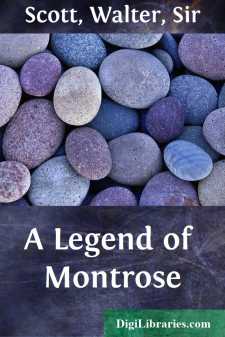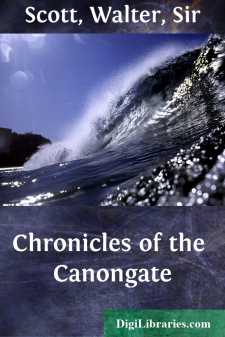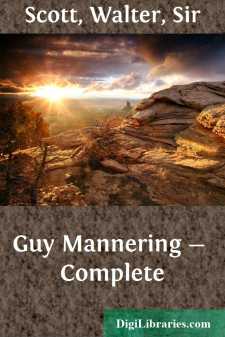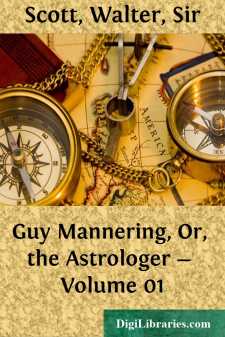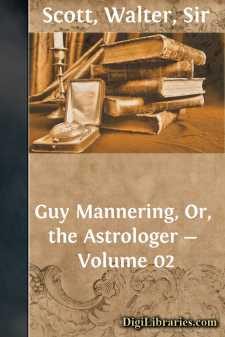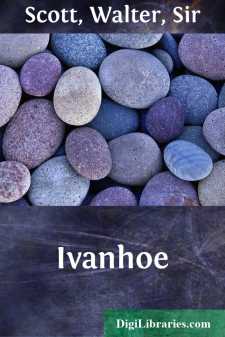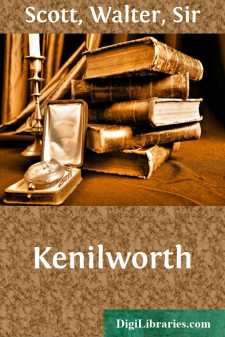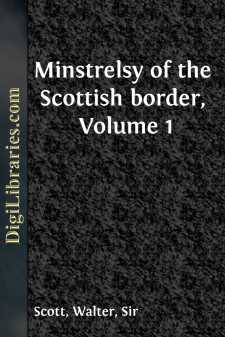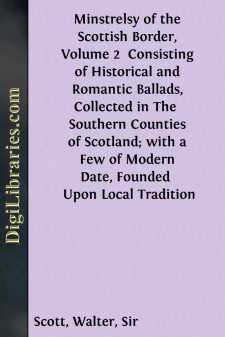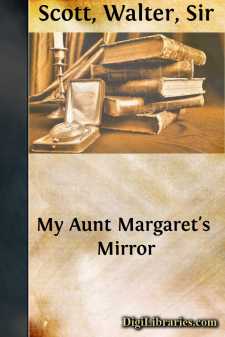Categories
- Antiques & Collectibles 13
- Architecture 36
- Art 48
- Bibles 22
- Biography & Autobiography 813
- Body, Mind & Spirit 142
- Business & Economics 28
- Children's Books 15
- Children's Fiction 12
- Computers 4
- Cooking 94
- Crafts & Hobbies 4
- Drama 346
- Education 46
- Family & Relationships 57
- Fiction 11828
- Games 19
- Gardening 17
- Health & Fitness 34
- History 1377
- House & Home 1
- Humor 147
- Juvenile Fiction 1873
- Juvenile Nonfiction 202
- Language Arts & Disciplines 88
- Law 16
- Literary Collections 686
- Literary Criticism 179
- Mathematics 13
- Medical 41
- Music 40
- Nature 179
- Non-Classifiable 1768
- Performing Arts 7
- Periodicals 1453
- Philosophy 64
- Photography 2
- Poetry 896
- Political Science 203
- Psychology 42
- Reference 154
- Religion 513
- Science 126
- Self-Help 84
- Social Science 81
- Sports & Recreation 34
- Study Aids 3
- Technology & Engineering 59
- Transportation 23
- Travel 463
- True Crime 29
Walter Scott
Sir Walter Scott (1771-1832) was a Scottish novelist, poet, historian, and biographer who is considered one of the most influential figures in Scottish literature. He is renowned for his historical novels such as "Ivanhoe," "Rob Roy," and "Waverley," which romanticized Scottish history and folklore. Scott's works played a significant role in the development of the historical novel genre and had a lasting impact on literature and cultural identity in Scotland.
Author's Books:
Sort by:
by:
Walter Scott
I. INTRODUCTION TO A LEGEND OF MONTROSE. The Legend of Montrose was written chiefly with a view to place before the reader the melancholy fate of John Lord Kilpont, eldest son of William Earl of Airth and Menteith, and the singular circumstances attending the birth and history of James Stewart of Ardvoirlich, by whose hand the unfortunate nobleman fell. Our subject leads us to talk of deadly feuds, and...
more...
by:
Walter Scott
INTRODUCTION TO CHRONICLES OF THE CANONGATE. The preceding volume of this Collection concluded the last of the pieces originally published under the NOMINIS UMBRA of The Author of Waverley; and the circumstances which rendered it impossible for the writer to continue longer in the possession of his incognito were communicated in 1827, in the Introduction to the first series of Chronicles of the...
more...
by:
Walter Scott
The Novel or Romance of Waverley made its way to the public slowly, of course, at first, but afterwards with such accumulating popularity as to encourage the Author to a second attempt. He looked about for a name and a subject; and the manner in which the novels were composed cannot be better illustrated than by reciting the simple narrative on which Guy Mannering was originally founded; but to which,...
more...
by:
Walter Scott
INTRODUCTION The Novel or Romance of Waverley made its way to the public slowly, of course, at first, but afterwards with such accumulating popularity as to encourage the Author to a second attempt. He looked about for a name and a subject; and the manner in which the novels were composed cannot be better illustrated than by reciting the simple narrative on which Guy Mannering was originally founded;...
more...
by:
Walter Scott
A man may see how this world goes with no eyes. Look with thine ears. See how yon justice rails upon yon simple thief. Hark in thine ear: Change places; and, handy-dandy, which is the justice, which is the thief? —King Lear. Among those who took the most lively interest in endeavouring to discover the person by whom young Charles Hazlewood had been waylaid and wounded was Gilbert Glossin, Esquire,...
more...
by:
Walter Scott
The Author of the Waverley Novels had hitherto proceeded in an unabated course of popularity, and might, in his peculiar district of literature, have been termed "L'Enfant Gate" of success. It was plain, however, that frequent publication must finally wear out the public favour, unless some mode could be devised to give an appearance of novelty to subsequent productions. Scottish manners,...
more...
by:
Walter Scott
CHAPTER I. I am an innkeeper, and know my grounds,And study them; Brain o' man, I study them.I must have jovial guests to drive my ploughs,And whistling boys to bring my harvests home,Or I shall hear no flails thwack. THE NEW INN. It is the privilege of tale-tellers to open their story in an inn, the free rendezvous of all travellers, and where the humour of each displays itself without ceremony...
more...
by:
Walter Scott
INTRODUCTION. From the remote period; when the Roman province was contracted by the ramparts of Severus, until the union of the kingdoms, the borders of Scotland formed the stage, upon which were presented the most memorable conflicts of two gallant nations. The inhabitants, at the commencement of this aera, formed the first wave of the torrent which assaulted, and finally overwhelmed, the barriers of...
more...
by:
Walter Scott
LESLY'S MARCH. "But, O my country! how shall memory trace"Thy glories, lost in either Charles's days,"When through thy fields destructive rapine spread,"Nor sparing infants' tears, nor hoary head!"In those dread days, the unprotected swain"Mourn'd, in the mountains, o'er his wasted plain;"Nor longer vocal, with the shepherd's lay,"Were...
more...
by:
Walter Scott
CHAPTER I. You are fond (said my aunt) of sketches of the society which has passed away. I wish I could describe to you Sir Philip Forester, the "chartered libertine" of Scottish good company, about the end of the last century. I never saw him indeed; but my mother's traditions were full of his wit, gallantry, and dissipation. This gay knight flourished about the end of the seventeenth and...
more...


